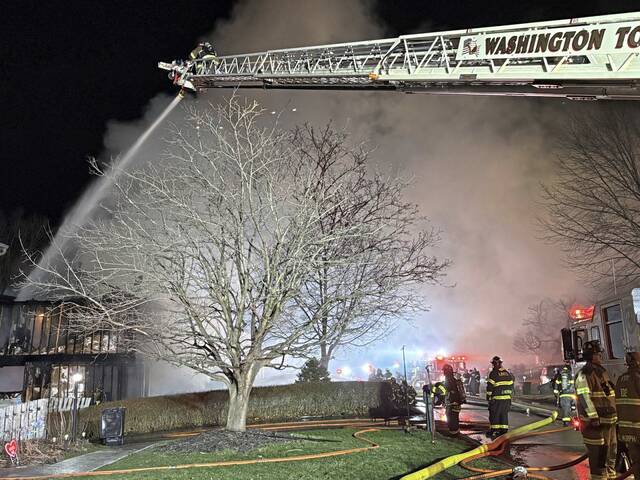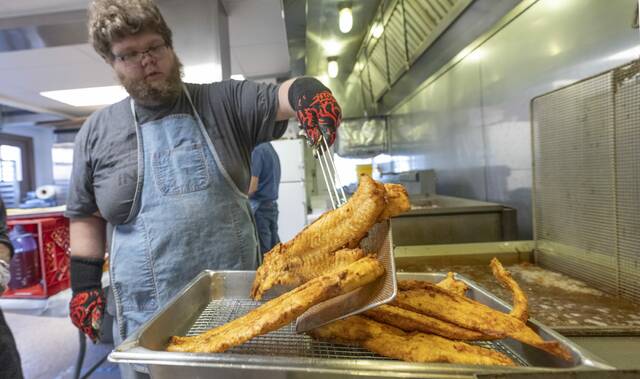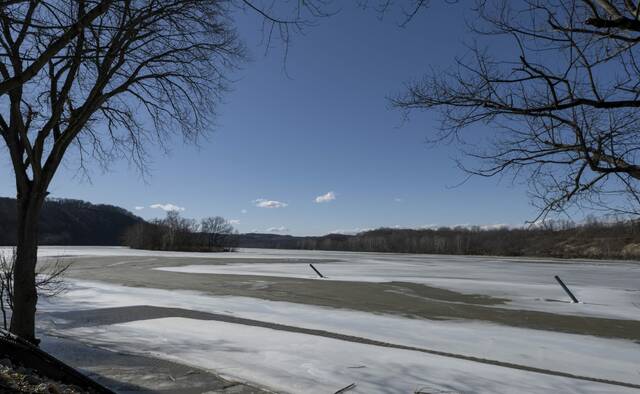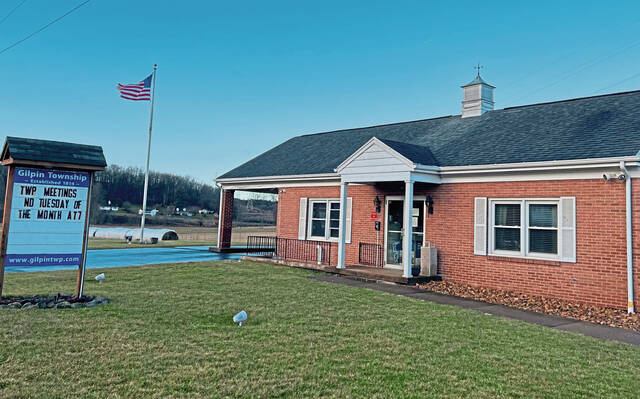When it comes to determining a superintendent’s salary and benefits packages, school board members consider a variety of factors, including the size of the district, the number of students, the economics of district communities, the administrator’s years of experience and expertise offered by a candidate.
“We try to check the marketplace out,” said Neill Brady, president of the Leechburg Area School Board. “School districts are like businesses. (Leechburg Area Superintendent Tiffany Nix) is running a $15 million business for us.”
In a small district such as Leechburg Area, which has an enrollment of about 650 students, Brady said, Nix must wear multiple hats. She plays a direct role overseeing the district budget, the strategic plan, contract negotiations, capital projects and curriculum where others might delegate. Nix’s contract recently was renewed for another five years starting in July.
Salaries vary for superintendents in the Alle-Kiski Valley, which consists of a combination of large school districts covering broad geographic areas and small districts made up of a couple of buildings.
The Tribune-Review found that the A-K Valley’s 12 superintendents earn salaries of more than $1.85 million combined, with individual salaries ranging from $127,000 to $200,000. With a combined enrollment of more than 24,000 students, Valley districts pay their superintendents an average of $76.20 per student.
Mark DiRocco, executive director of the Pennsylvania Association of School Administrators, said larger districts tend to pay their superintendents more. Salaries are influenced by cost of living, the size of the district’s budget, expectations for the role, the nuances of the market in that area and any particular skills the candidate can offer — like an advanced education or specialized training.
“It’s a unique position. It’s a fragile position,” DiRocco said. “It’s a position that does not have much longevity, on average, in the state or the nation. Therefore, it’s very unique, and it’s a category of one as far as trying to determine a salary and benefits package.”
PASA data show that only about 14% of superintendents in Pennsylvania are in the same district they were in 10 years ago, DiRocco said. It’s a role that doesn’t come with tenure and must be renewed periodically, contributing to high turnover. It is typical for PASA to see a turnover of about 100 superintendents a year across the state’s 500 school districts.
Among the 12 school districts that make up the Alle-Kiski Valley, a quarter of the superintendent positions are in flux — with individuals who are either leaving the office or who entered the role recently.
At Kiski Area School District, Superintendent Tim Scott will retire this year, leaving his post no later than Nov. 30. The 2020-21 school year brought new superintendents into Riverview and Fox Chapel Area school districts. In New Kensington-Arnold School District, Acting Superintendent Jon Banko replaced former Superintendent John Pallone last year. Chris Sefcheck, the superintendent at Washington County’s Bethlehem-Center School District, was hired in April to become New Ken-Arnold’s top administrator starting July 1.
Scott said he would have likely retired soon anyway, but navigating the past year as an educator during the covid pandemic solidified his decision to leave a bit earlier.
“In a non-covid environment, I probably would have stayed until the end of next year and gone out, for school employees, at a normal time, which would be the end of the 21-22 year,” Scott said.
Superintendents at some of the country’s largest districts also are leaving their posts, citing burnout and exhaustion after a year of tough decision-making, contact tracing and quarantining.
In Pennsylvania schools, the pandemic has been characterized by shifting and vague reopening guidelines. Every district interpreted guidance from the state Department of Education differently and implemented different instructional models, and each was scrutinized for whatever decisions were made. Superintendents have been at the forefront of those decisions — often switching gears at a moment’s notice based on guidance from the Pennsylvania Department of Education or closing buildings temporarily to contain an outbreak.
“The challenge is trying to ensure that students are still learning significantly, regardless of what we’re faced with,” Scott said. “If I’ve been leading with any confidence through this pandemic, it’s because the (Kiski Area School Board) supported our educational efforts.”
When it comes to compensation, Scott said, “It’s all comparative.”
Scott’s district has a budget of more than $65 million and around 400 employees, so a higher salary isn’t surprising. Still, he said he’s never sought to have the highest salary in the area or in Westmoreland County.
“This is a public service,” he said.
DiRocco said his organization worries that not many people seem to be willing to step up to the role these days — another factor that he said could be driving up salary costs. With the current challenges facing public schools — from the pandemic to financial challenges — and the political dynamic surrounding education, DiRocco said he’s seen a trend of fewer teachers wanting to become principals and fewer principals wanting to become superintendents. The trend, if continued, could cause problems down the line for districts and the families they serve.
“This is the time when we need the best people to step up,” he said.








